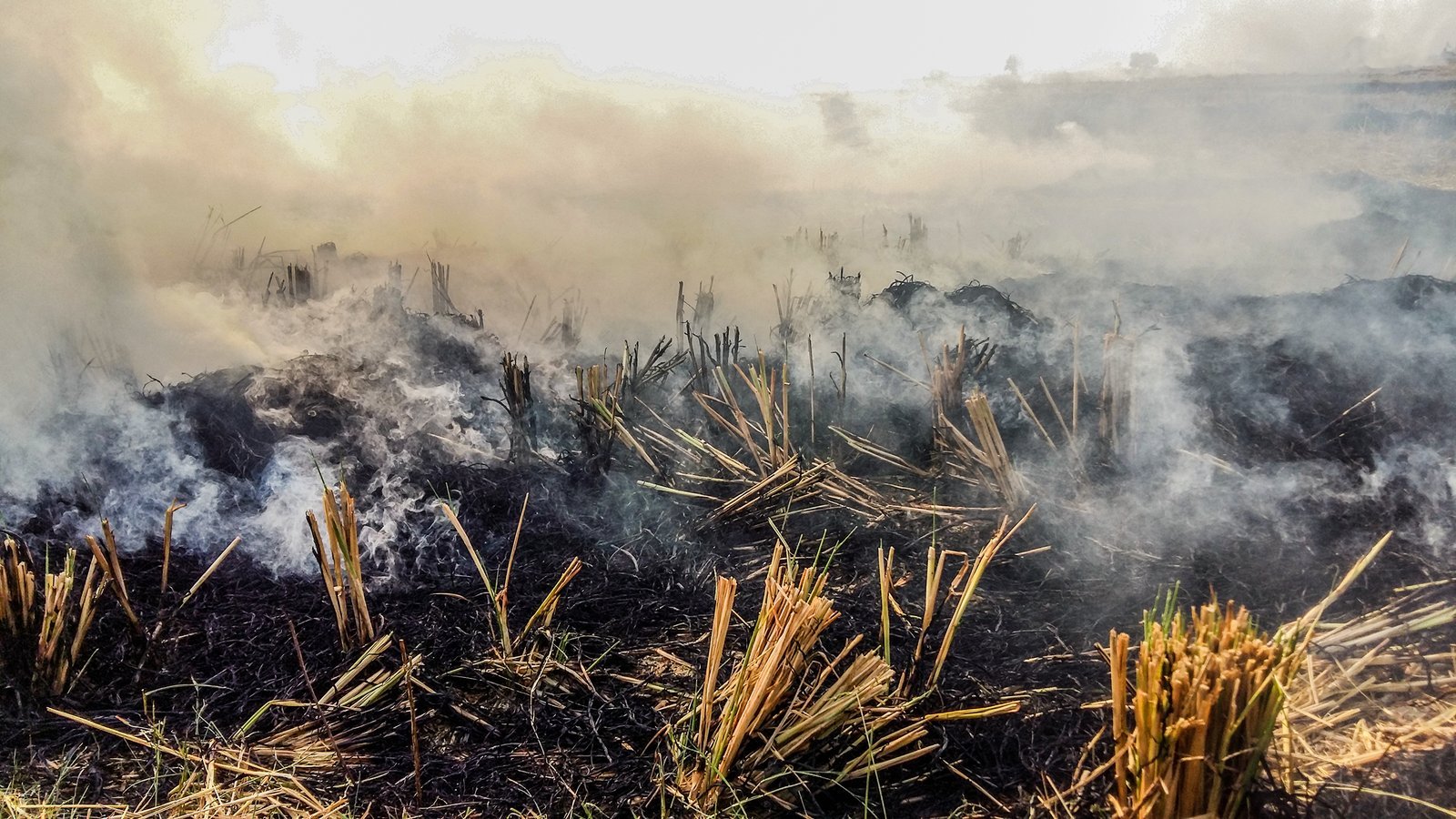Certain agricultural practices are detrimental to the environment. Often such practices involve the use (maybe overuse) of chemical fertilizers or pesticides. But for the state of Goa, an unlikely practice of burning the post-harvest remains, better known as crop residue, in the open has resulted in polluting the land and air.
In India in particular, northwest India, crop waste is responsible for episodes of air pollution and public health; emissions of greenhouse gases and the imbalance of radiation; and for the reduction in organic matter and productivity of the soil.
To curb the burning menace, the state government of Goa, at first will stop the practice of burning throughout the state. Secondly, the government is working on a project of extracting a sustainable benefit from the problem. The idea is to collect and convert the crop residue and all other forms of bio-waste into a Biofuel known as Biomass Briquettes.
A briquette, in general, is a compacted block of coal dust, or other combustible biomass material (e.g. charcoal, sawdust, rice husk, agricultural waste, garden waste, etc.,) used as fuel for the fire.
The proposed project on renewable energies based on biomass is a first-of-its-kind project in Goa, intended to reduce the open dumping and burning of agricultural waste. The project will also help mitigate carbon footprint by providing Biomass Briquettes as an alternative to fossil fuels.
The project will be implemented in collaboration between Punjab Renewable Energy Systems Private Ltd (PRESPL) and the Goa Energy Development Agency (GEDA).
The official said the project will be raised at the Saligao location in Goa and will be established for 10 years under design, construction, operation, financing, and transfers.









Leave a reply